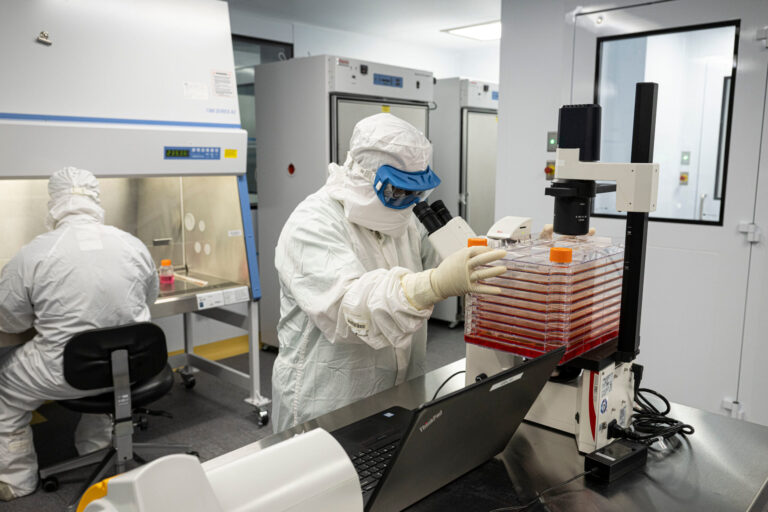Mutually beneficial relationship with The University of Texas at San Antonio (UTSA) includes starting materials, capabilities and testing services
UTSA signs an agreement with GenCure, a subsidiary of the San Antonio nonprofit BioBridge Global. They have signed a master services agreement to collaborate on the development of cellular therapy products, services, and testing.
The agreement between GenCure and the UTSA Stem Cell Core Lab includes two major areas. This mutually beneficial relationship means UTSA signs an agreement to receive research starting materials and GenCure gets capability development and testing services. GenCure will provide starting materials for UTSA researchers to facilitate the isolation and subsequent reprogramming of adult stem cells to generate induced Pluripotent Stem Cells (iPSCs).
In addition, UTSA will provide testing services for materials manufactured by GenCure’s process development and cGMP facilities. The collaboration facilitates training development, consulting services, and access to equipment and related-research services unique to each site.
The agreement is an expansion of the relationship between the UTSA Stem Cell Core Lab and GenCure. This relationship started and has grown from participation in RegenMedSA, San Antonio’s therapeutic developers and service companies consortium.
The mission of the Stem Cell Core is to enhance the research portfolio at UTSA by providing high-quality iPSCs and their genetically modified or differentiated progeny to researchers in Texas and nationwide. iPSCs are cells that maintain the genetic characteristics of the person from which they are derived and can be differentiated into any cell in the body, opening up new therapeutic and research possibilities. The UTSA Stem Cell Core also works to reduce the barriers to investigators who want to enter this specialized research field. The UTSA Stem Cell Core is part of the UTSA Research, Economic Development, and Knowledge Enterprise (REDKE).
Dr. Christopher Navara, Director of the UTSA Stem Cell Core, has previously worked with Dr. Rogelio Zamilpa, Senior Director of Manufacturing Science and Technology at GenCure.
“This long-term collaboration with Dr. Zamilpa is a productive blending of our expertise to accelerate stem cell therapeutics to the clinic,” Navara said.
Utilization of iPSCs enables consistent manufacturing of allogeneic cell therapies for a wide range of conditions. GenCure has been working on iPSC development for almost two years at its facility in the VelocityTX biotech incubator complex on San Antonio’s East Side. Dr. Navara has more than 20 years of experience using pluripotent stem cells and his group has generated more than 175 human and non-human primate iPSC lines. “The collaboration between the two groups will aid in the translation of iPSC technology from research grade to clinical applications fit for human therapeutics,” Zamilpa said. The result over time will be more options for improving human health.




